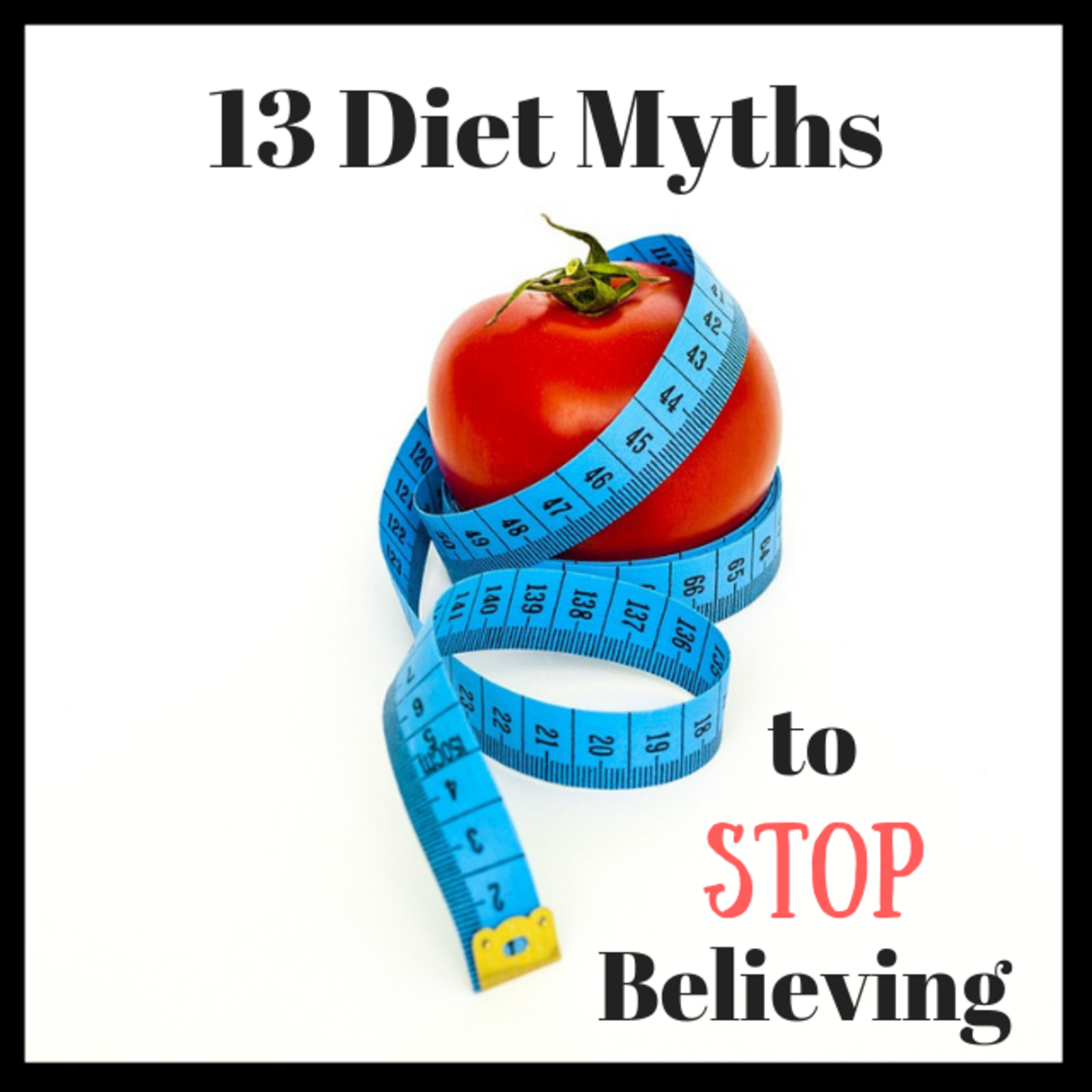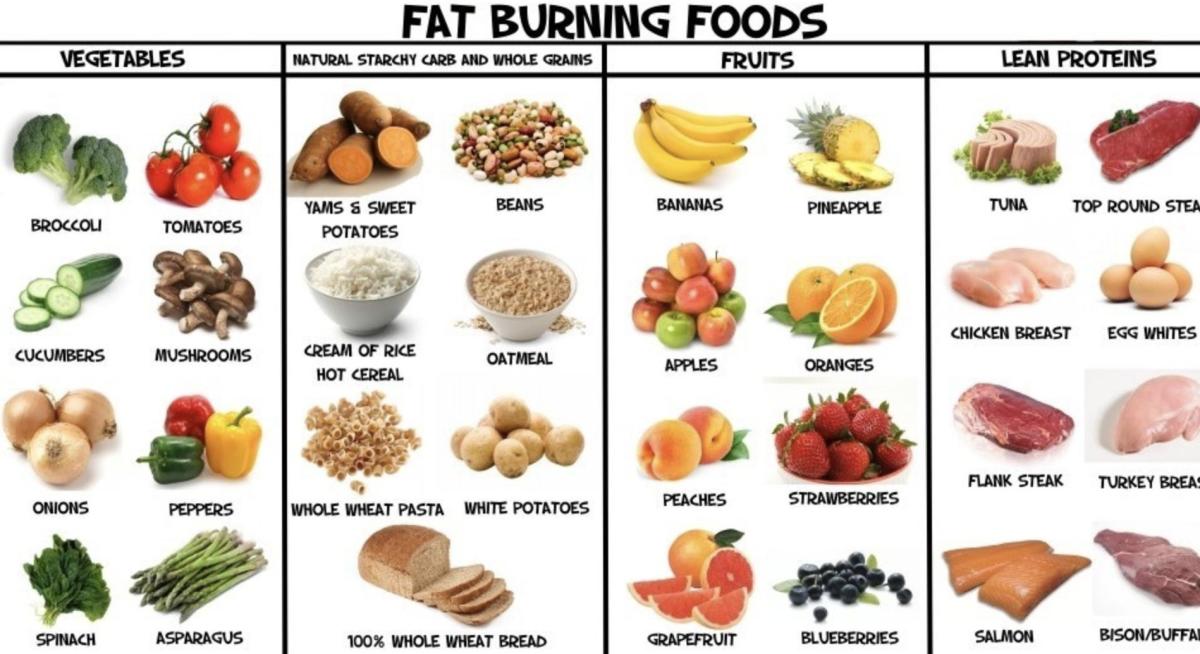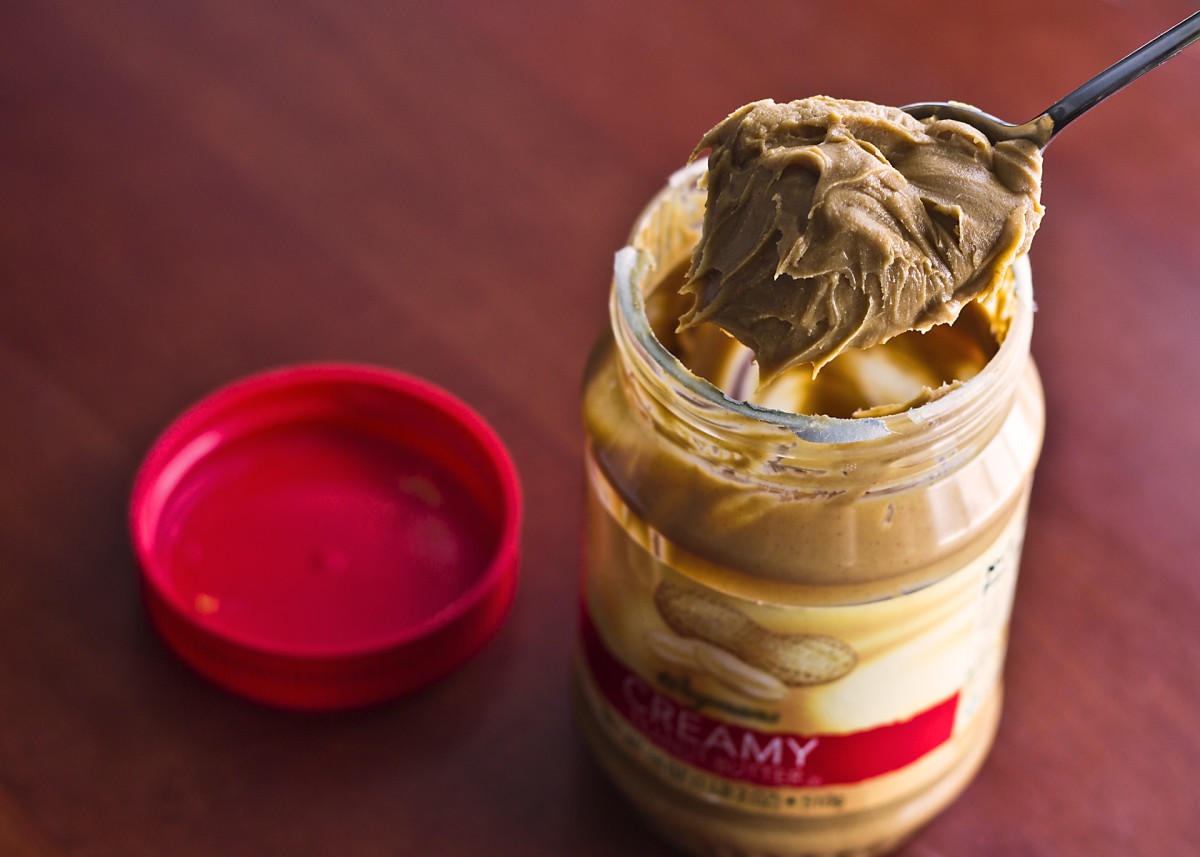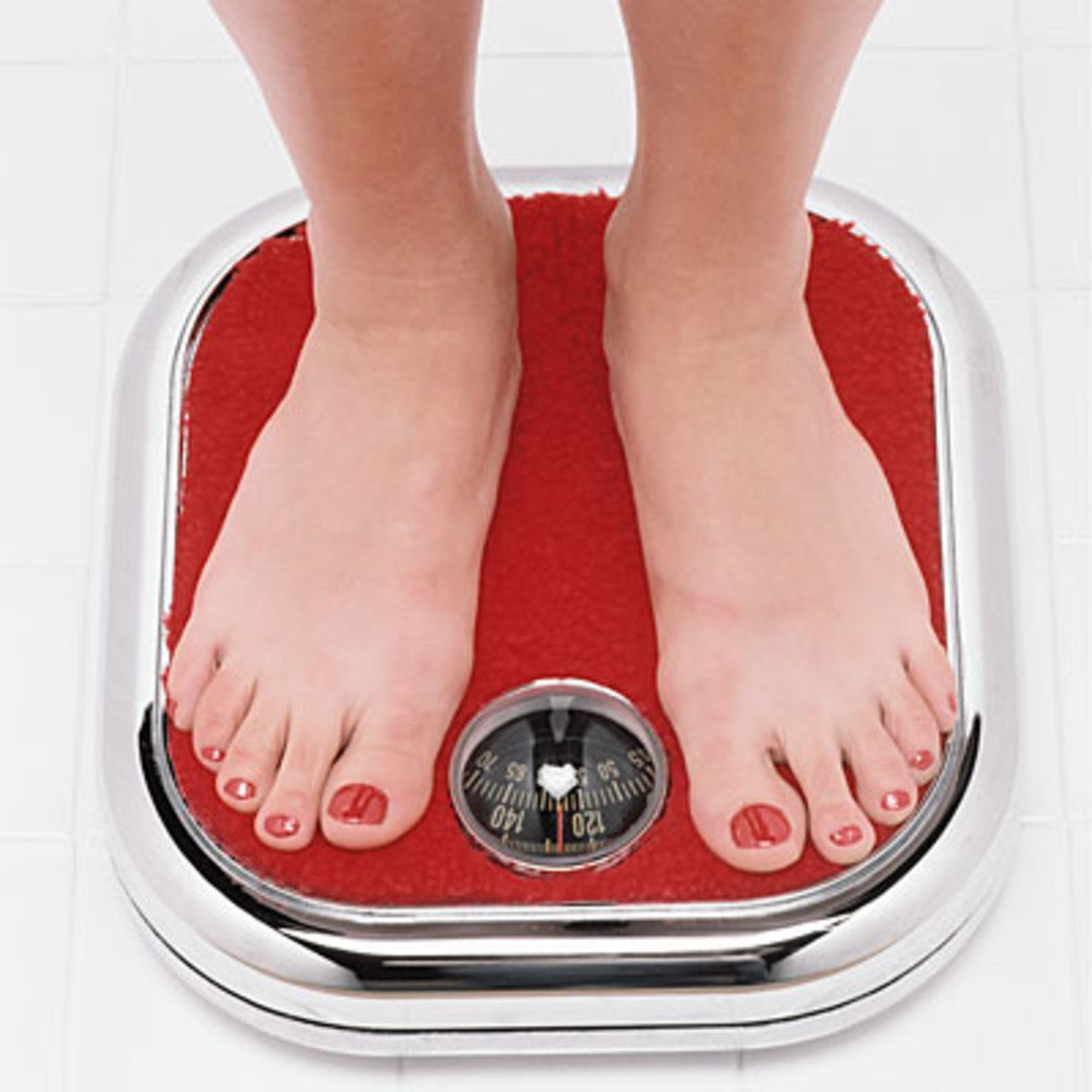Are You Sabotaging Your Own Weight Loss Goals?

Weight loss can be a daunting task. You have put in time, efforts and even denied yourself certain foods and have stepped up your workout regiment but the results seem less than encouraging. The scale doesn’t seem to move and if it does, it’s not the number you are hoping for. If you’re on a weight loss plan and you don’t seem to be seeing results, maybe, you’re sabotaging your own efforts. Is that possible? Totally. The world has a lot of advice to offer regarding weight loss but are they are they’re cracked up to be? Or is the advice they give sound? Your own ideas of weight loss—are they facts or myths?
See if you’re sabotaging your own weight loss plans. Find out:
Fad Diets Fade
Fad diet comes and goes. Diet pills, weight loss teas, magic berries, meal replacement plans, cabbage soup…the list goes on and with each new day, someone somewhere is formulating another diet plan. Fad diets are as implied—fad passes, they have no permanence, just like the pounds you loose. Sure, they seem attractive with great promises (before and after pictures of transformed figures beckon and dare you…) and celebrity endorsement. Surely, these people can’t be lying. No, they’re not lying….but have you seen pictures of them 5 years down the road when they can no longer stick to the diet plan?
So here’s the acid test of any fad diet you may be tempted to take on because the results are just so amazing. Can you see yourself eating this way for the rest of your life? Or keeping up this regiment for the rest of your life? If the answer is no, chuck the diet.
Mayo clinic offers this advice to fad diet lovers: Successful weight loss requires permanent changes to your eating and physical activity habits. This means you need to find a weight-loss strategy that you can embrace for life.
Carbohydrates Equal Weight Gain
Right, you’re told carbohydrates are evil—no good can come out starch and sugar. They make you fat, plain and simple. Cut that out and pounds will dissipate. While it may hold some truth, not all carbohydrates will make you fat. In fact, if you choose the right kind of carbohydrates, they can actually help you lose weight. There is new evidence that Resistant starch, a type of dietary fiber found in many carbohydrate-rich foods such as potatoes, whole grains, rice, pasta, beans, lentils and unripe fruits (especially banana) can not only fill you up but increase your body’s ability to burn fat. Resistant starch “resists” digestion and animal studies found that resistant starch triggers the body to shut off hunger, so you eat less in between meals.
Another reason not to fear carbohydrates—according to Janine Higgins, Ph.D., nutrition research director for the University of Colorado’s Adult and Pediatric General Clinical Research Center-- when resistant starch gets fermented in the large intestine, it produces butyrate, a beneficial fatty acid that prevent the liver from using carbs as fuel. This forces the body to use stored body fat and recently consumed fat to be burned for energy instead. If you do the Math, resistant starch actually works to help your body burn fat.
Carbs lovers (such as I) can say yeah! Choose the right kinds and they can actually help you lose weight. And you get added bonus point if you eat your resistant starch cold (examples include cold sushi, cold potato salad, cold pasta) as it takes even more energy to burn them.


Skip Meals and Skinny Down?
Skipping meals seem like a no-brainer to losing weight. After all, if you eat less, your body will have fewer calories to burn and fewer calories translate to less weight gain. Sounds logical, doesn’t it? Wrong, according to diet experts. Since your body is programmed for survival, food deprivation causes your body to go into “starvation mode.” Your body slows down metabolic rate to conserve calories. A slower metabolic rate spells disaster when it has to digest your next meal (which usually tends to be bigger since you skip the previous meal). What results? More calories not burned. Not a good prospect for weight watchers.
Health experts suggest eating smaller, more frequent meals to keep your metabolic rate stable and maintain weight loss in the long run. According to Nancy Wellman, RD, past president of the American Dietetic Association, offers this advice: “The best advice is to always start your day with a healthy breakfast, since appetite is usually best in the morning. Then make sure you eat something at every mealtime.”
All Fats are Bad
Sounds familiar—this admonishment to stay away from all kinds of fatty foods if you want to lose weight? You’re told to strip any fatty foods off your diet and avoid them like the plague. Throw out chocolates and the delicious avocado dip. They are highly dangerous to your diet plan. Fact or nutrition myth? Thankfully, health experts refer to this claim as half-truth—true to a certain degree but not absolute. The fact is your body needs some fats to aid nutrient absorption and to facilitate nerve transmission and maintain cell membrane integrity. Of course, if you take high intake of saturated fats, you will gain weight, increase risks of cardiovascular disease and certain types of cancer.
The good news for those of us who love chocolates and the occasional latte—some fats are actually good for you and they can actually help you lose weight. According to the University of Maryland Medical Center, healthy fats can actually improve your diabetes control and help you lose weight.
Healthy fats include monounsaturated and omega-3 fatty acids and that include a multitude of choices: olive oil, canola oil, fatty fish like salmon, mackerel, tuna, walnuts, almonds, peanut butter and avocadoes.

Discouragement
You went to a party and blew it by inhaling all kinds of desserts and calorie-chocked beverages and justifiably so, since you’re on a diet and have been good for the most part. So why not? But when the noise and the fun settle, you realize to your horror—you’ve messed up big time. You’re discouraged, you’re angry and frustrated—you want to throw your diet plan down the chute and just let nature dictates its course and your eating habits and your waistline.
This is where you press the pause button and stop. Stop and think. So, we all messed up from time to time. The occasional give-in is not going to hurt as long as you stay on track. Cut yourself the occasional slack and your body will probably be happier to co-operate with your diet plan.
Consistency is the way to achieve long term weight loss. Don’t let minor snags trip you and give you the excuse to quit.
Unrealistic Expectation
Losing weight can get stressful. Why is your waistline not bulging an inch—an inch smaller? Why is the scale not showing the number you want to see and it’s been three weeks into the diet plan? Experts call this “false-hope syndrome”—dieters have unrealistic expectations about how long it will take to lose excess pounds. Unrealistic expectation can sabotage your efforts to lose weight. Instead of losing weight, you lose heart and there goes your weight loss resolution.
Health experts concur that unrealistic weight loss objectives are not productive and can actually backfire. Janet Polivy, PhD., a psychologist at the University of Toronto at Mississauga, Canada says the best way to go is to set smaller, realistic goals.
So why sabotage your weight loss plan? Here are 5 achievable goals and they will help to produce long term weight loss. Each goal is accompanied by a simple weight loss trick.
Set realistic goals
Most clinicians say that losing 5 to 10 pounds are achievable with realistic goal. Begin by eating slowly—it takes time for your brain to register that you’re full.
Realistic Time Frame
“A realistic goal is losing 1 to 2 pounds a week to stay health,” Jennifer Linde, PhD., assistant professor of epidemiology at the University of Minnesota, Minneapolis. Cut back on fast-foods and quick take-outs—they tend to be higher in saturated fats.
Set Short-term Goals
Take baby steps. Celebrate them. Instead of focusing on losing 25 pounds at one go—celebrate little victories, for example, the first 5 pounds. Eat more servings of fruits and vegetables. They add bulk and truck-loads of nutrients with very few fat calories.
Track Your Progress
Record your successes and whenever you feel discouraged, look at your track record. That will help you stay on track. Eat healthy snacks like nuts and fruits instead of processed snacks, beefed up with preservatives and fat calories.
Think Long Term Benefits
Instead of focusing on immediate loss, think long term. If your long-term goal is to lose 50 pounds, start small and work towards it. Drink tea (green, white, red)—they have fat-busting capabilites and also, they have zero fat calories.
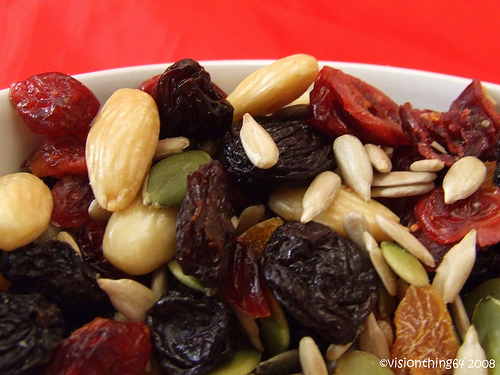
Healthier Way to Snack
Other weight-loss articles by the same author:
How to trim the waistline without going on a diet: http://hubpages.com/hub/How-to-Trim-the-Waistline-Without-Going-on-a-Diet
Why are Thai people so skinny: http://hubpages.com/hub/Why-Are-Thai-People-So-Skinny--Try-Thai-Green-Curry
Weight loss secrets from around the world: http://hubpages.com/hub/Weight-Loss-Secrets-from-Around-the-World
Chinese girl shares Chinese weight loss secrets: http://hubpages.com/hub/Chinese-Girl-Shares-Chinese-Weight-Loss-Secrets
Lose weight fast with these easy tricks: http://hubpages.com/hub/How-to-Build-Dieting-Success-into-Your-Daily-Life







